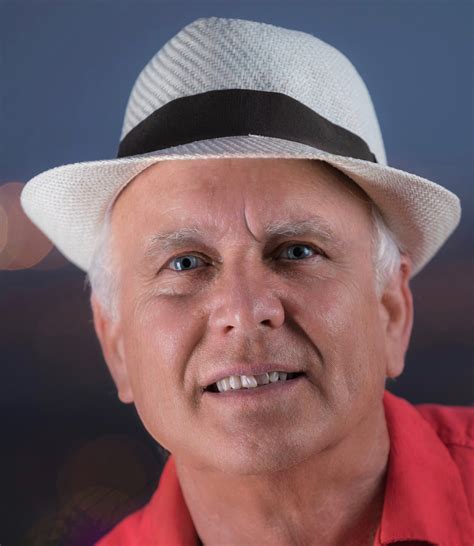A Quote by Frederic Bastiat
Life, liberty, and property do not exist because men have made laws. On the contrary, it was the fact that life, liberty, and property existed beforehand that caused men to make laws in the first place.
Related Quotes
The laws of certain states . . . give an ownership in the service of Negroes as personal property . . . . But being men, by the laws of God and nature, they were capable of acquiring liberty - and when the captor in war . . . thought fit to give them liberty, the gift was not only valid, but irrevocable.
It is not the right of property which is protected, but the right to property. Property, per se, has no rights; but the individual - the man - has three great rights, equally sacred from arbitrary interference: the right to his life, the right to his liberty, the right to his property The three rights are so bound together as to be essentially one right. To give a man his life but to deny him his liberty, is to take from him all that makes his life worth living. To give him his liberty but take from him the property which is the fruit and badge of his liberty is to still leave him a slave.
[A] republic . . . [is] a government, in which the property of the public, or people, and of every one of them was secure and protected by law . . . implies liberty; because property cannot be secured unless the man be at liberty to acquire, use or part with it, at his discretion, and unless he have his personal liberty of life and limb, motion and rest, for that purpose.
Just and true liberty, equal and impartial liberty, in matters spiritual and temporal is a thing that all men are clearly entitled to by the eternal and immutable laws of God and nature, as well as by the laws of nations and all well-grounded and municipal laws, which must have their foundation in the former.
Among the natural rights of the colonists are these: first, a right to life; second, to liberty; third, to property; together with the right to support and defend them in the best manner they can. These are evident branches of ... the duty of self-preservation, commonly called the first law of nature. All men have a right to remain in a state of nature as long as they please; and in case of intolerable oppression, civil or religious, to leave the society they belong to, and ernter into another.... Now what liberty can there be where property is taken away without consent?
If every person has the right to defend - even by force - his person, his liberty, and his property, then it follows that a group of men have the right to organize and support a common force to protect these rights constantly. Thus, since an individual cannot lawfully use force against the person, liberty, or property of another individual, then the common force - for the same reason - cannot lawfully be used to destroy the person, liberty, or property of individuals or groups.
Liberty ... was a two-headed boon. There was first, the liberty of the people as a whole to determine the forms of their own government, to levy their own taxes, and to make their own laws.... There was second, the liberty of the individual man to live his own life, within the limits of decency and decorum, as he pleased -- freedom from the despotism of the majority.
I typically don't use the distinction 'positive' and 'negative' liberty, because negative sounds bad and positive sounds good, and I don't think that the terminology ought to prejudice us one way or the other. So I think the more descriptive term is 'liberty rights' versus 'welfare rights'. So, liberty rights are freedom-of-action type rights, and welfare rights are rights-to-stuff, of various kinds...And, property rights are not rights-to-stuff. I think that's one of the key misunderstandings about property. Property rights are the rights to liberty within your jurisdiction.
A product of your life and liberty is your property. Property is the fruit of your labor, the product of your time, energy, and talents. It is that part of nature that you turn to valuable use. And it is the property of others that is given to you by voluntary exchange and mutual consent. Two people who exchange property voluntarily are both better off or they wouldn't do it. Only they may rightfully make that decision for themselves.
Property must be secured or liberty cannot exist. But if unlimited or unbalanced power of disposing property, be put into the hands of those who have no property, France will find, as we have found, the lamb committed to the custody of the world. In such a case, all the pathetic exhortations and addresses of the national assembly to the people, to respect property, will be regarded no more than the warbles of the songsters of the forest.































